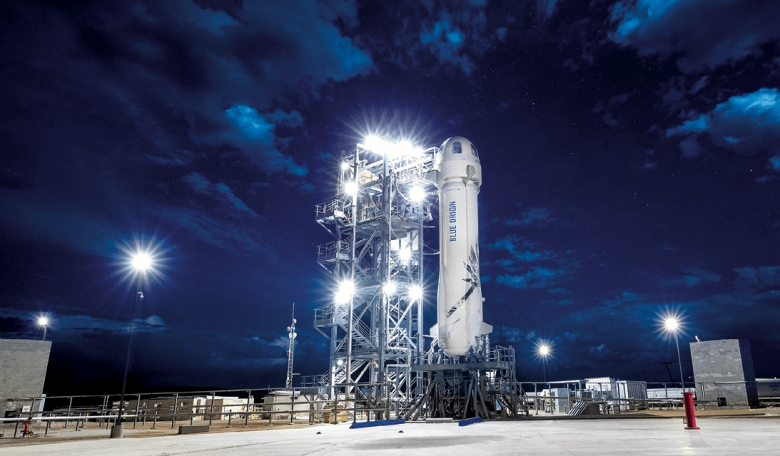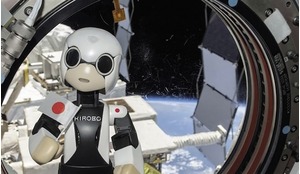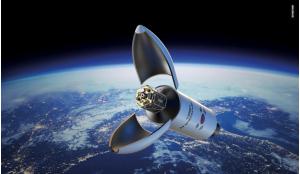Ever greater reusability is the key to expanding accessibility to Earth orbit and beyond in the rocket business of the future, according to Clay Mowry, Vice President of Blue Origin, which aims to become a major player in the future space launch business. In this article - based on his keynote lecture at the Seradata Space Conference in London in June - he provides a personal perspective on the company, where it’s going and some of the industry trends.
Earth is limited in terms of resources, so if we want to grow as humanity we need to go to space and learn how to live and work there, using its capabilities and resources. We can then move heavy industry off the planet, so that Earth can become more of a ‘residential zone’ and a treasured place.
Our mission at Blue Origin is to go into space and in so doing help to protect Earth and guarantee its future. We are seeking to pioneer that road to space and our vision is to ultimately see millions of people living and working in space - and that’s a big thing to say because, to date, only about 560 people have ever gone into space.
Earlier this summer we celebrated the 50th anniversary of Neil Armstrong and Buzz Aldrin stepping on the Moon. Back in 1969, it seemed that by now there would be thousands - if not tens of thousands - of people in space; we’d have lunar colonies and we’d be doing everyday things on the Moon and other planets by now. So somehow it doesn’t seem right that, in those five decades since the summer of 1969, less than 600 people have flown in space.














